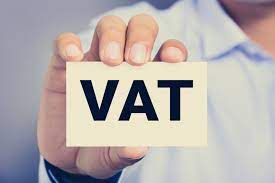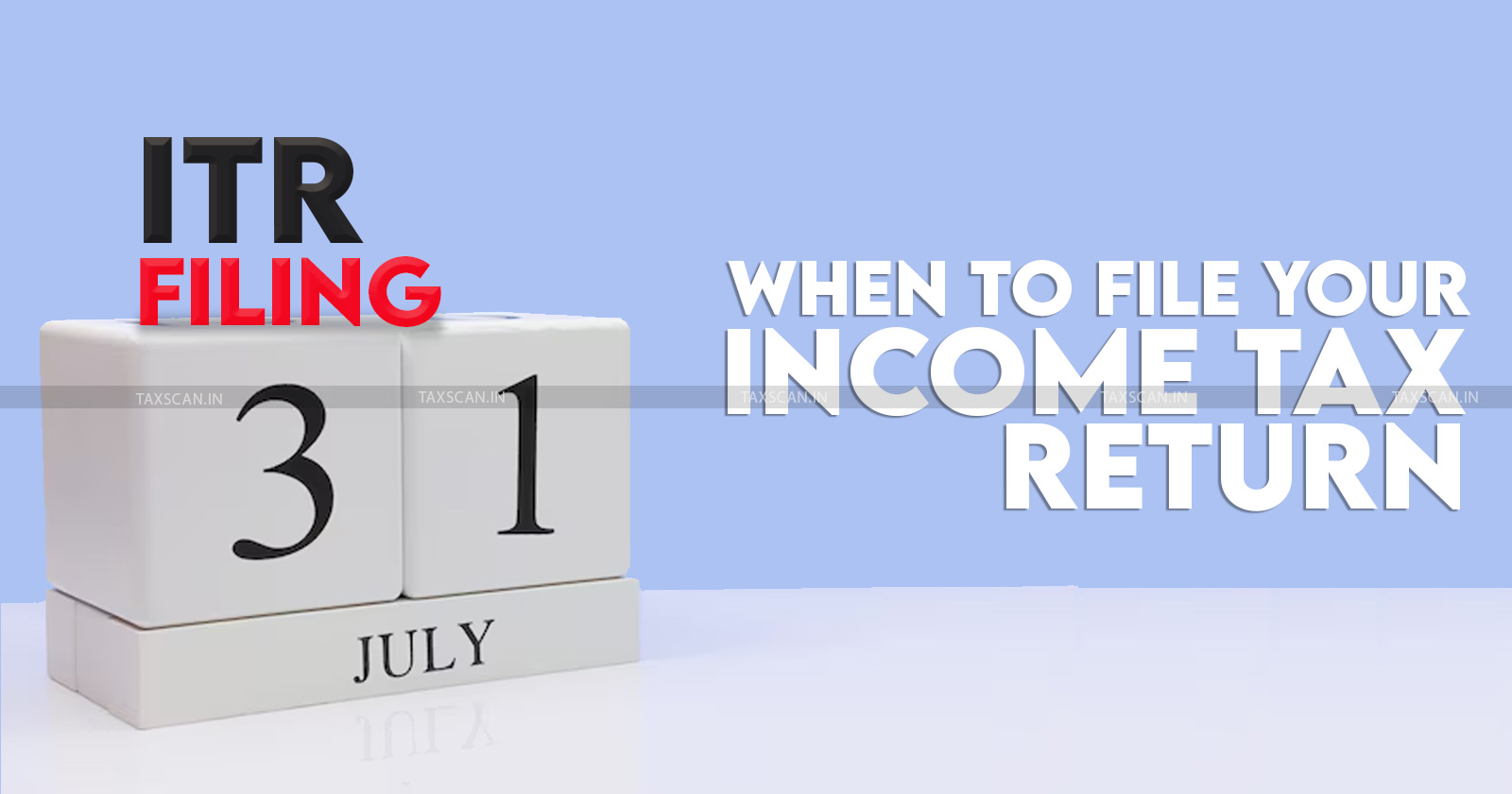VAT Registration in UAE
The United Arab Emirates (UAE) introduced Value Added Tax (VAT) on January 1, 2018, as part of its efforts to diversify its economy and reduce dependence on oil revenue. Here’s a breakdown of key points regarding VAT registration in the UAE:
The United Arab Emirates (UAE) introduced Value Added Tax (VAT) on January 1, 2018, as part of its efforts to diversify its economy and reduce dependence on oil revenue. Here’s a breakdown of key points regarding VAT registration in the UAE:
1. MandatoryVAT Registration Threshold
Threshold for Registration: Businesses must register for VAT if their taxable supplies and imports exceed AED 375,000 in a 12-month period.
Voluntary Registration: Businesses can voluntarily register if their supplies and imports exceed AED 187,500 in a 12-month period. This is beneficial for startups and small businesses aiming to claim input tax credits.
2. Eligibility forVAT Registration
Resident Businesses: All businesses operating in the UAE that meet the threshold must register. This includes mainland companies, free zone entities, and individuals engaged in business.
Non-Resident Businesses: Non-resident businesses supplying goods or services in the UAE must register for VAT if they do not have a local entity or representative and their supplies are not subject to reverse charge.
3. VAT Registration Process
Online Portal: Registration is done through theFederal Tax Authority (FTA) online portal. Businesses need to create an account, fill in the required details, and submit the application.
Required Documents: Businesses must provide trade licenses, passport copies of owners, proof of business activity, and financial statements, among other documents.
Approval and VAT Number: After submitting the application, theFederal Tax Authority (FTA) reviews the information and, upon approval, issues a unique VAT registration number (TRN).
4. VAT Compliance Post-Registration
Issuing VAT-Compliant Invoices: Businesses must issue VAT-compliant invoices with their TRN, showing VAT charges separately.
Filing VAT Returns: Registered businesses must file VAT returns quarterly or monthly (depending on turnover) and pay any VAT due.
Record Keeping: Businesses must maintain proper financial records for at least five years, including invoices, receipts, and VAT returns.
5. Penalties for Non-Compliance
Failure to Register: Businesses failing to register on time are subject to fines and penalties.
Incorrect Returns: Errors in VAT returns can lead to fines, ranging from fixed penalties to a percentage of the undeclared VAT amount.
VAT Registration is crucial for businesses operating in the UAE to ensure compliance with tax regulations and to avoid penalties. Proper understanding and timely registration can help businesses manage their tax obligations effectively.














































